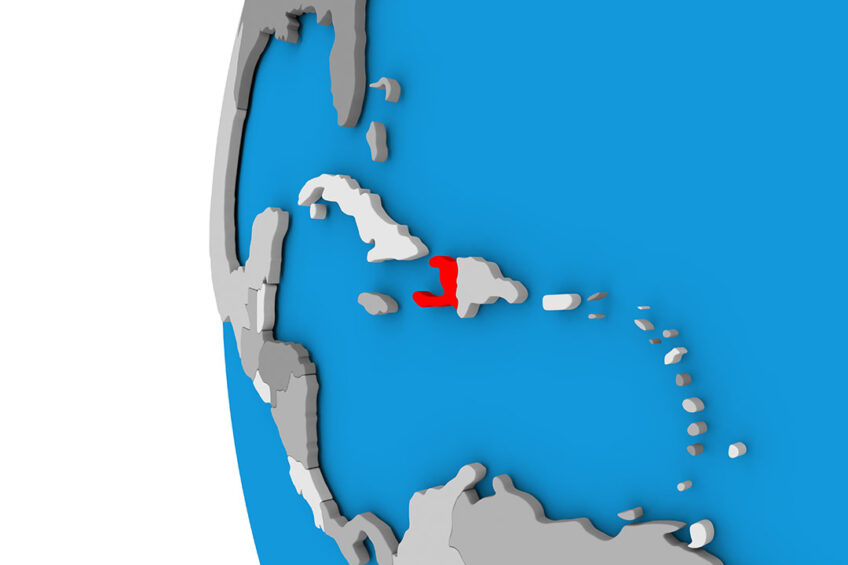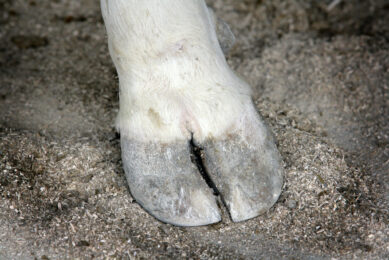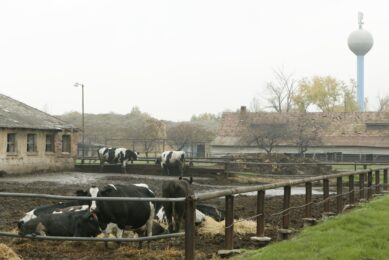ASF Haiti: Virus moves to second country in Americas

Haiti has also reported the presence of African Swine Fever (ASF). The identification dates from August 25 and is located near the border with the Dominican Republic, in the city of Anse-à-Pitre.
The country reported the outbreak to the World Organization for Animal Health (OIE). Haiti and the Dominican Republic share the same island, Hispaniola, in the Caribbean. Haiti is in the west and the Dominican Republic, which announced the first ASF outbreak in the Americas after 4 decades in July this year, in the east.
Backyard farm
The affected property in Haiti is a backyard farm with 2,500 susceptible animals and 234 cases. This is also the first ASF case reported in Haiti since the 1980s. The tests were carried out in the Exotic Diseases Diagnostic Laboratory (FADDL) of the Plum Island Animal Disease Center, the OIE reference laboratory in the United States.
According to the OIE report, the affected animals have been disinfected and slaughtered. All pig movements within the country have been restricted and zoning has been applied, with surveillance within the containment zone.
Haiti: 1 of the poorest countries in the Americas
Haiti is the economically poorest country in the Americas. Its socio-economic difficulties are similar to those of most problematic African nations, such as access to sanitation services for only a small portion of households.
The population in its large portion suffers from malnutrition and illiteracy. Due to this, Haitians have one of the lowest Human Development Index (HDI) with 0.51. The country’s GDP per capita is US$ 1,600 per year and about 60% of the population lives on less than US$ 2 per day.
If that was not enough, the country regularly suffers from natural disasters, such as earthquakes and hurricanes, and is practically ruled by militias. The president, Jovenel Moise, was assassinated last July. Moreover, Haiti has been reached by a strong earthquake and for 3 hurricanes Elsa, Grace and Ida in August this year. Those tragedies killed more than 4,000 people.
ASF situation in Dominican Republic
In a recent update by the Dominican authorities, it was stated that compensation for culled pigs was paid to 2,600 producers in 22 provinces, for 65,760 pigs. Total damages paid would amount to 395 million pesos (US$6.9 million).
Remarkably, the Dominican authorities mentioned that the south and the east would be free from ASF outbreaks, even though the OIE reported cases in the southern province Baharona and the easternmost province La Altagracia.











